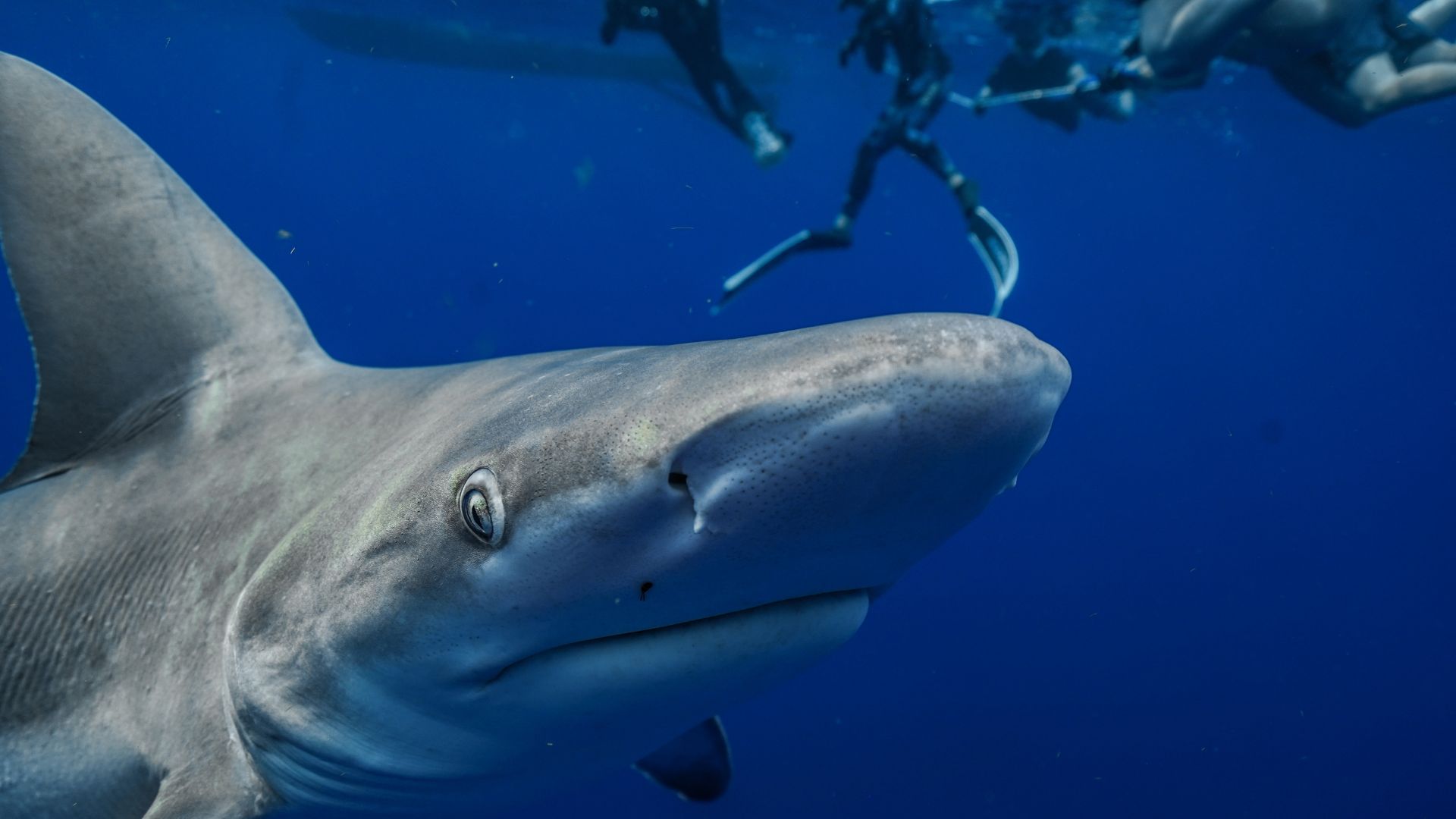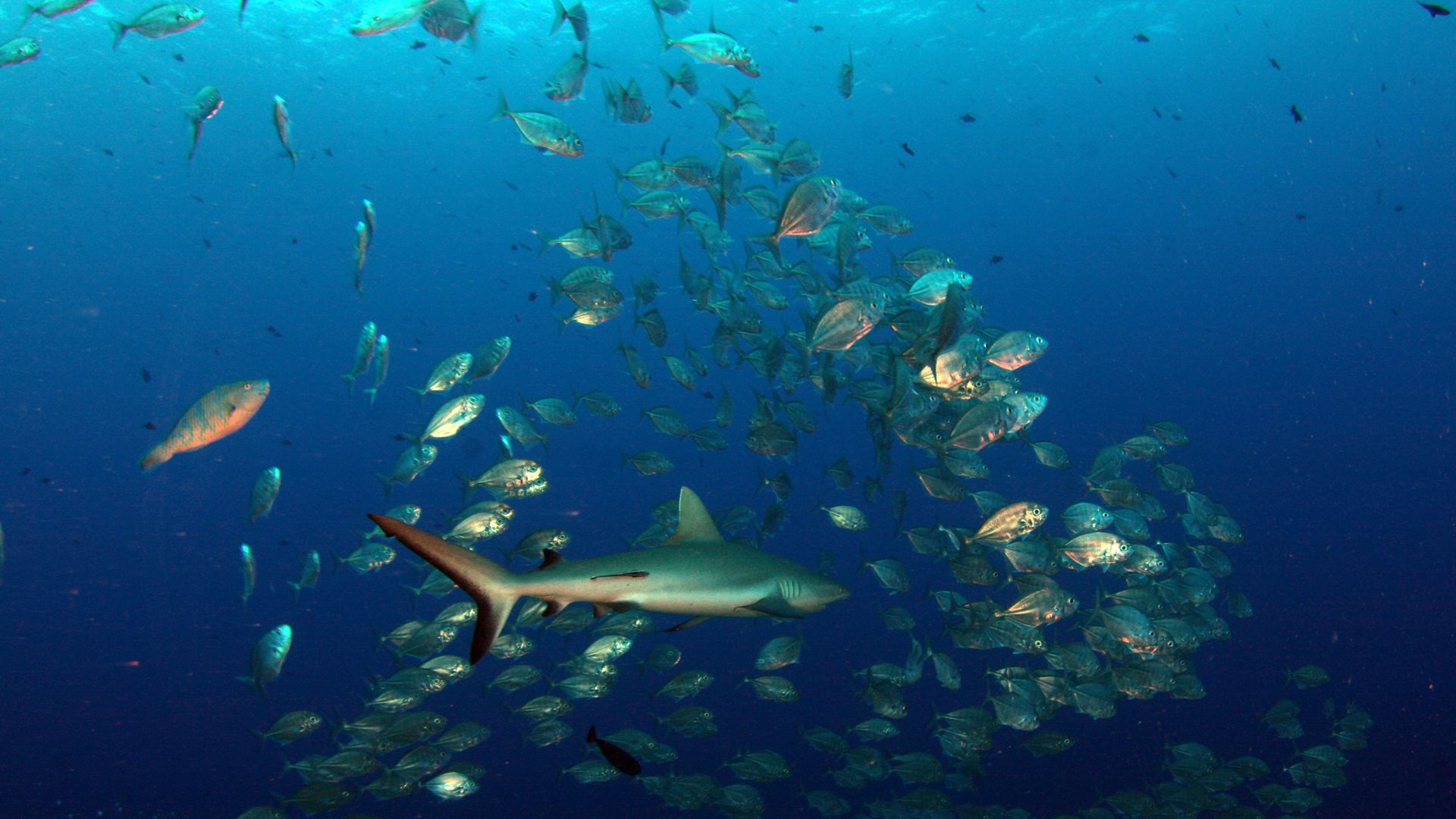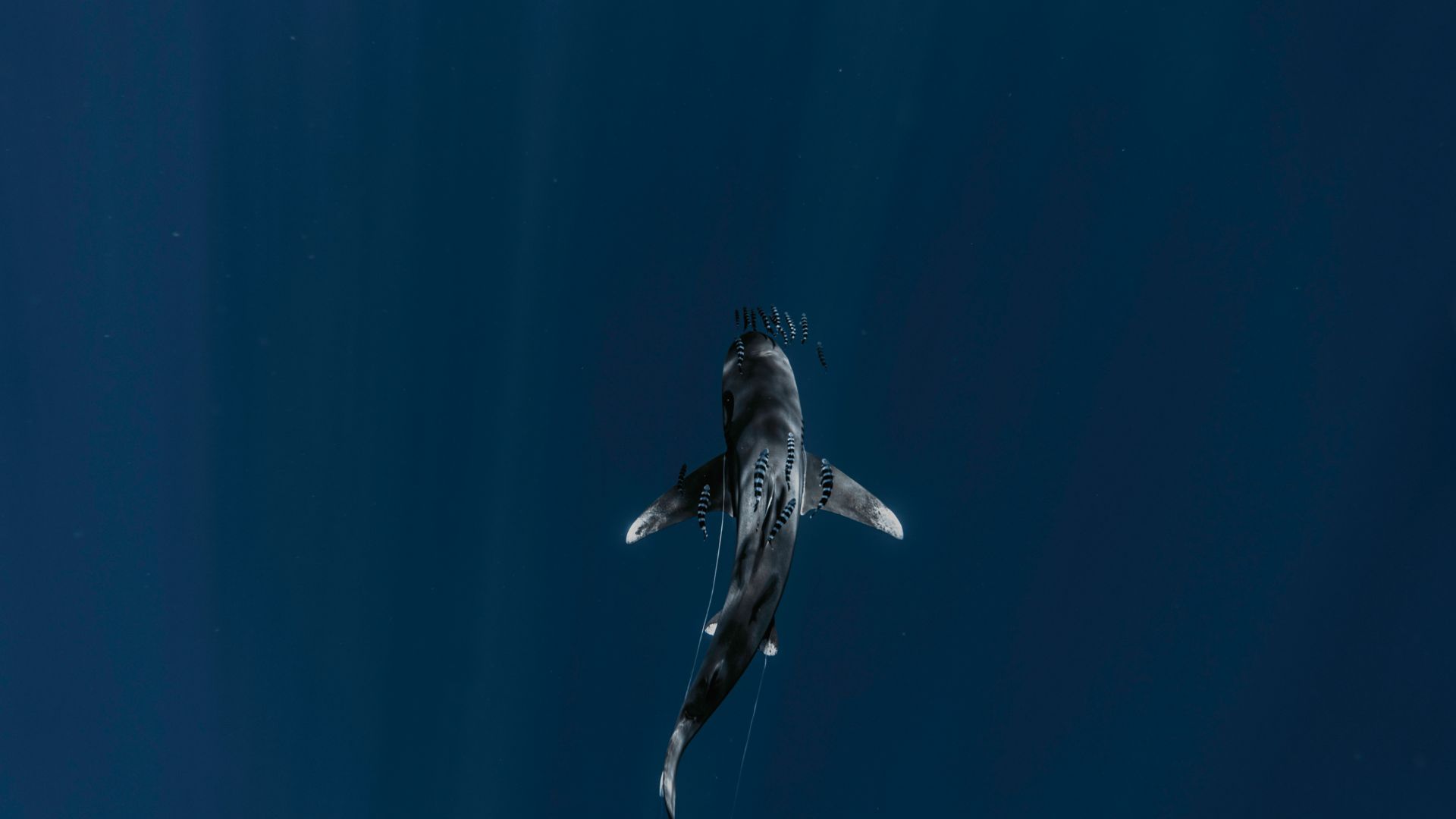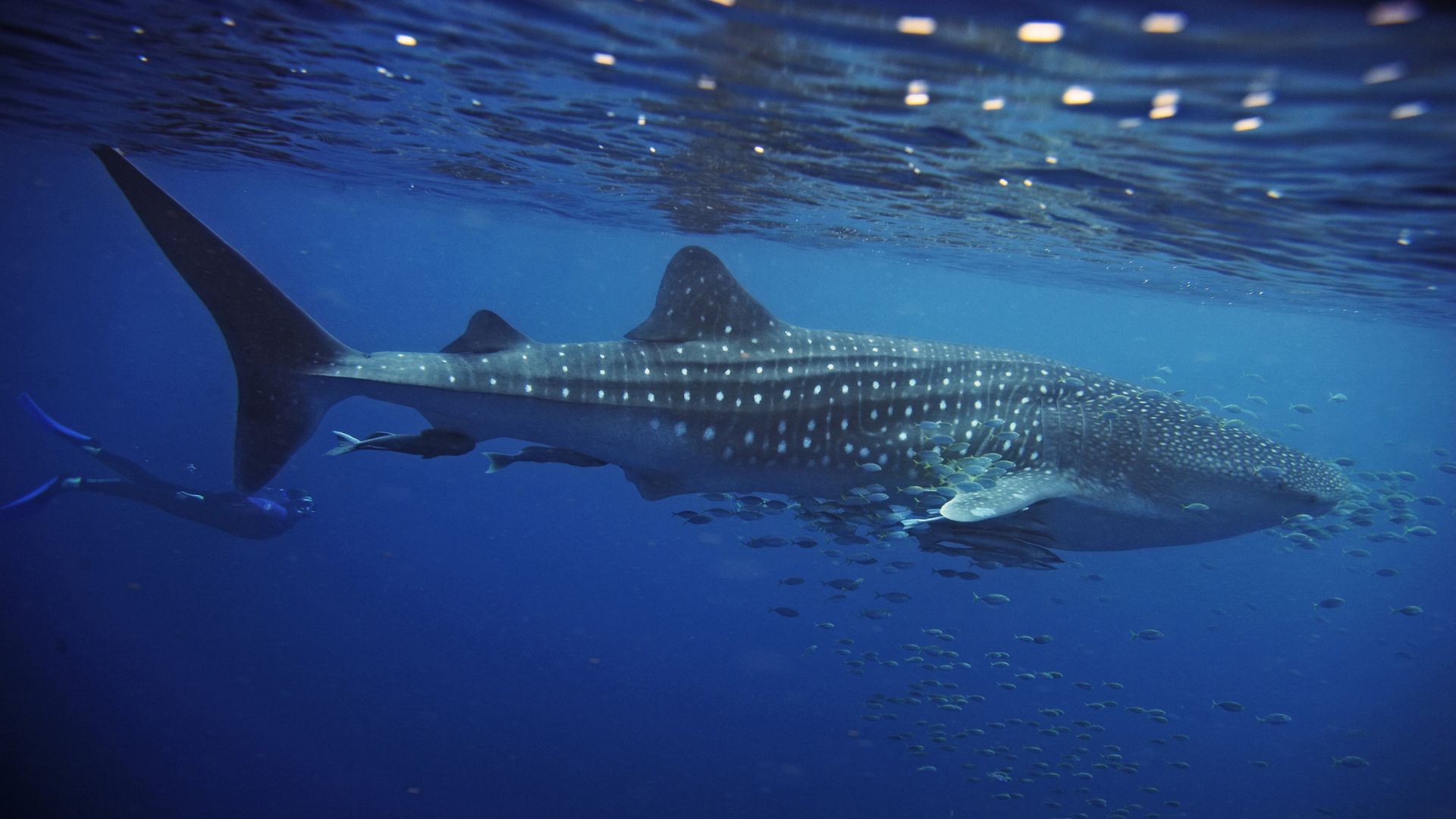
The future of shark conservation: What can we do to protect sharks?
Sharks are some of the most ancient and awe-inspiring creatures on Earth. They have been roaming the oceans for over 400 million years, surviving mass extinctions and changing ecosystems. Yet, despite their resilience, many shark species are now facing an unprecedented decline. Overfishing, habitat destruction, and the shark fin trade have left these apex predators struggling to survive in a rapidly changing world. The urgency of shark conservation has never been greater, and it’s crucial that we take action now to protect these magnificent creatures and ensure the health of our oceans.
In this article, we’ll explore the current threats to shark populations, the conservation initiatives underway, and how we can all contribute to their protection:
- Current threats to shark populations
- Conservation initiatives
- How you can help
- Maintaining biodiversity: Sharks play a crucial role
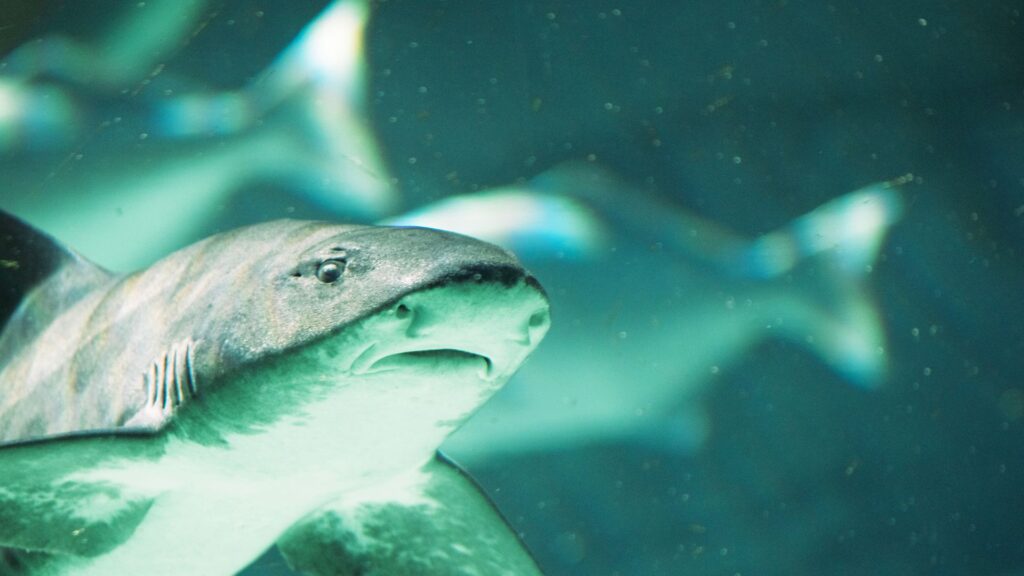
Current threats to shark populations
Sharks are facing numerous threats, many of which are directly caused by human activity. The most significant threats to shark populations include overfishing, the shark fin trade, and the impacts of climate change.
Overfishing
Sharks are often targeted for their meat, skin, and fins, but they are also frequently caught as bycatch—the unintentional catch of non-target species during commercial fishing operations. Many shark species have slow reproduction rates, meaning they cannot replenish their populations quickly enough to withstand the pressures of overfishing. As a result, shark populations are declining at an alarming rate. Some species, such as the Great White and Hammerhead, are now classified as endangered or critically endangered due to overfishing.
The shark fin trade
The shark fin trade is one of the most devastating threats to shark populations. Shark fins are highly valued in certain markets, especially in Asia, where shark fin soup is considered a delicacy. This lucrative trade has led to the brutal practice of finning, where sharks are caught, their fins are removed, and the rest of their body is discarded, often while the shark is still alive. This wasteful practice not only threatens shark populations but also contributes to the depletion of entire marine ecosystems. It is estimated that up to 73 million sharks are killed annually for their fins.
Climate change
Climate change also poses a significant threat to sharks. Rising ocean temperatures, ocean acidification, and habitat destruction due to coastal development are all impacting shark populations. Many shark species rely on specific environments, such as coral reefs and coastal areas, for feeding, breeding, and shelter. As these habitats are damaged or destroyed by climate change, sharks are losing vital areas for survival. Additionally, warmer ocean temperatures can disrupt the migratory patterns of sharks, affecting their ability to find food and reproduce.
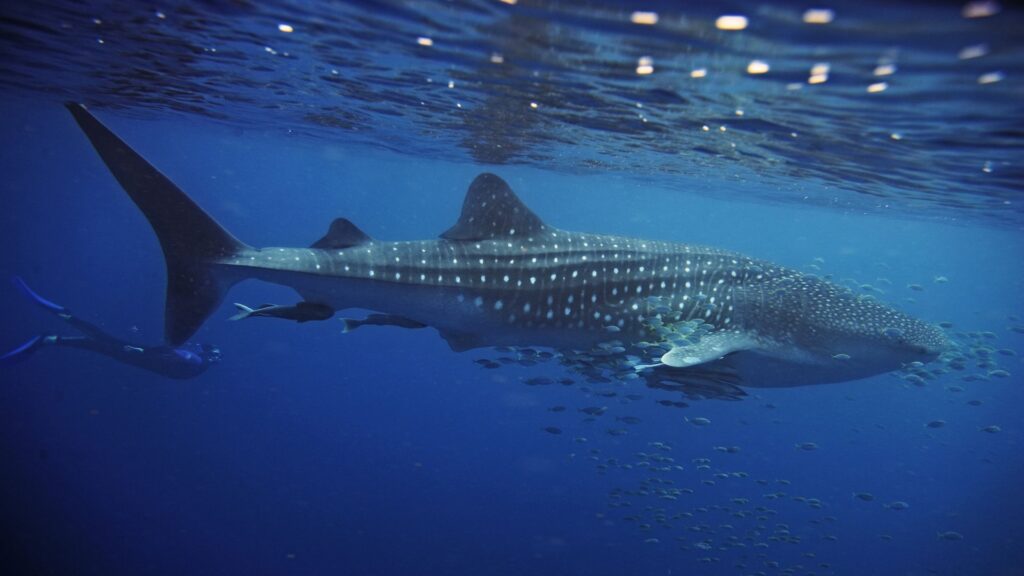
Conservation initiatives
Despite the challenges, there is hope for shark conservation. Around the world, both global and local initiatives are underway to protect sharks and their habitats. These efforts have already made a significant impact, but much more needs to be done.
“Protecting sharks is not just about saving a species; it’s about preserving the delicate balance of our oceans and ensuring the health of marine ecosystems for generations to come.”
Marine Protected Areas (MPAs)
One of the most effective ways to protect sharks is through the establishment of Marine Protected Areas (MPAs). These areas, where human activities like fishing and tourism are restricted or banned, allow shark populations to recover and thrive in a safe environment. MPAs are particularly important in areas where sharks are most vulnerable, such as breeding and nursery grounds. Research has shown that when sharks are protected in MPAs, their populations grow, and the overall health of marine ecosystems improves. Several countries, including the Bahamas and New Zealand, have already established large MPAs that provide sanctuary for sharks.
Policy Change and International Cooperation
International cooperation is crucial in shark conservation. Agreements like the Convention on International Trade in Endangered Species (CITES) and the Convention on Migratory Species (CMS) have played a significant role in regulating the trade of shark products and protecting endangered species. Some countries have also introduced national laws banning shark finning and implementing stricter fishing regulations. The establishment of shark sanctuaries, such as the ones in Palau and the Maldives, where all shark fishing is prohibited, is a great example of policy change that benefits shark populations.
Shark Conservation Organisations
Many organisations are working tirelessly to protect sharks. Groups like the Shark Trust, Oceana, and the World Wildlife Fund (WWF) are actively involved in research, lobbying for stronger protections, and raising awareness about the importance of sharks. These organisations play a crucial role in influencing policy changes, conducting vital research, and educating the public about the need to protect sharks.
How you can help
While large-scale conservation efforts are essential, individuals can also make a difference in shark protection. Here are some ways you can contribute to shark conservation:
By supporting organisations dedicated to shark conservation, whether through donations, volunteering, or spreading awareness, you can help fund vital research and conservation projects. These organisations work on the ground to protect sharks, implement policy changes, and educate the public about the importance of shark conservation.
One of the most impactful ways to help sharks is to avoid products made from sharks, especially shark fin products. By refusing to buy shark fins or supporting businesses that sell shark-related products, you can help reduce demand and fight the shark fin trade. Look for seafood that is sustainably sourced and avoid products that contribute to overfishing.
Support sustainable fishing practices by choosing seafood that has been caught responsibly. Look for certifications such as the Marine Stewardship Council (MSC) label, which ensures that seafood comes from sustainable, well-managed fisheries. By supporting sustainable practices, you can help reduce the pressure on shark populations caused by overfishing.
Education is one of the most powerful tools in conservation. By spreading awareness about the importance of sharks and the threats they face, you can help shift public perception and encourage more people to take action. Whether through social media, conversations, or community events, every bit of awareness helps.
If you live near coastal areas or enjoy diving, consider getting involved in citizen science projects that focus on shark conservation. Many research organisations rely on data collected by the public to monitor shark populations and study their behaviour. By participating in these projects, you can contribute valuable information to shark conservation efforts.
Maintaining biodiversity: Sharks play a crucial role
The survival of sharks is closely linked to the health of our oceans, and protecting these apex predators is essential for maintaining marine biodiversity. Despite the many threats sharks face, conservation efforts are making a real difference, and with continued action, we can help ensure that sharks continue to thrive for generations to come. Whether through supporting organisations, reducing our consumption of shark products, or spreading awareness, each of us has a role to play in shark conservation.
Let’s recap before you leave:
- Sharks face significant threats from overfishing, the shark fin trade, and climate change, which are causing declines in their populations.
- Marine Protected Areas (MPAs), international agreements like CITES, and national laws banning shark finning are playing a crucial role in protecting sharks.
- Organisations like the Shark Trust, Oceana, and WWF are vital in advocating for stronger policies, conducting research, and raising awareness.
- People can support shark conservation by donating to organisations, avoiding shark products, promoting sustainable fishing, spreading awareness, and participating in citizen science.
- Shark conservation is essential for the health of ocean ecosystems, and with continued effort, we can protect sharks and ensure a sustainable future for marine life.
The future of sharks is in our hands, and by working together, we can protect these magnificent creatures and the oceans they call home.
